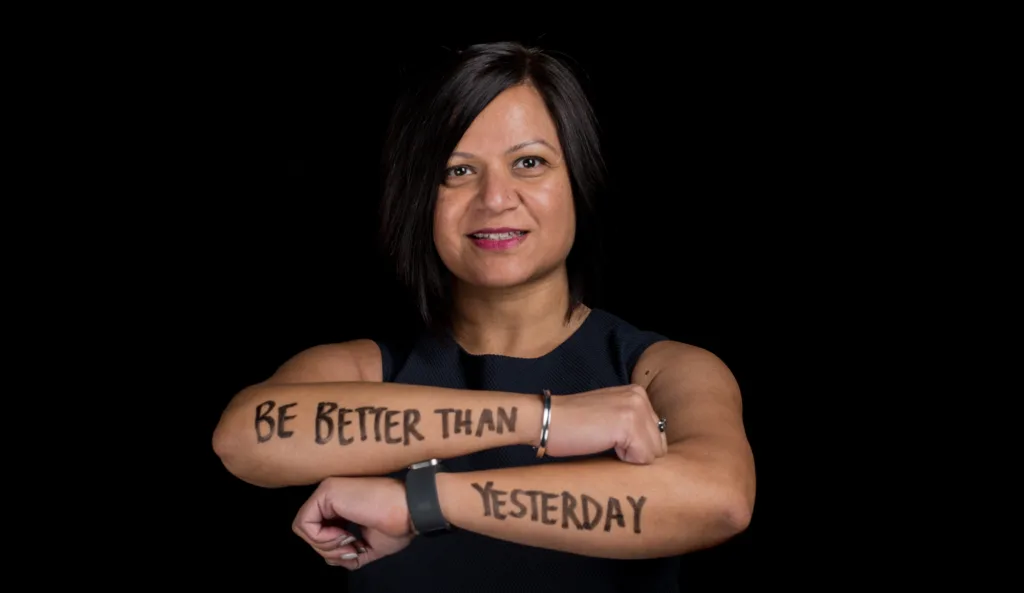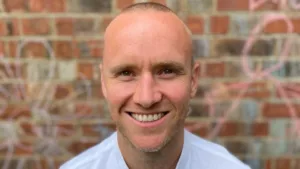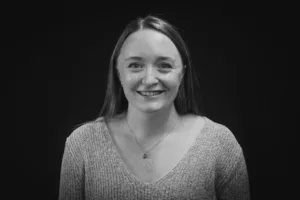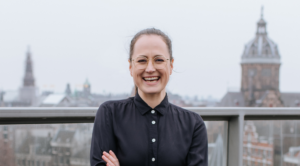New Digital Age (NDA), in association with LiveRamp, is spotlighting the men and women championing a data-led revolution in the marketing industry. ‘Meet the Revolutionaries’ focuses on the efforts of the industry executives helping to push digital marketing into a new era of data collaboration.
Here, Tejal Patel, Senior Director, Digital Media at Cisco, shares her tips for overcoming the common challenges to innovation…
Tell me about your current role.
I’ve been with Cisco for seven years and in my current role for around seven months. I’m now in a global media role and I lead an area called ‘channels of engagement’. That includes social media, both paid and organic, and includes communities, email, and other emerging channels as well. Previous to that, I was in a broader lead digital marketing role for the EMEA region. More generally, my entire 25 year career to date has been in digital marketing.
Can you give an example of a time when you have driven innovation?
One of the best examples was during the pandemic and the initial lockdowns. The unprecedented situation presented Cisco with a real opportunity to tell a story, or a series of stories, about our video conferencing technology WebEx.
Our tech was enabling students and educators to continue classes at a time when people couldn’t be in the classroom. People with mental health issues were able to connect with the educational and support communities they needed. Martial arts teachers were delivering online classes to students all over the world. There were loads of great stories around.
We moved quickly to surface those stories, which required some innovation in how we partnered internally around PR, comms and marketing. We also partnered with a few publications for the first time to help amplify the content.
There are other pockets of innovation constantly in what we do creatively and the way that we bring certain talent in, for example, social media managers. We’ve reorganised ourselves to be less reliant on agencies by bringing in in-house talent across a variety of specialisms. Innovation is basically anything that pushes the boundaries of what’s already been done inside your organisation.
What are the common challenges to innovation?
Innovation is about seizing an opportunity or a moment in time. You need to be quick about it and capitalise on the moment. However, there are always two huge challenges to overcome, no matter whether the change you want to make is big or small.
Any innovation means getting your organisation to move out of its comfort zone. The first hurdle is to manage the fear of risk. What if it goes wrong? What if it doesn’t work? What if we fail? The second barrier is often financial, because what you’re trying to do might require some level of investment.
What advice would you offer to other people who want to influence change and innovation within their organisation?
You need an internal advocate, someone who is influential that buys into your idea, to help you secure the backing and budget you need. It’s also useful to have external examples to show that this innovation has been tried successfully elsewhere, or to have an industry expert saying that this is a good idea.
How might digital marketing change over the next few years?
The future is really exciting for digital marketing. There’s a lot of technology emerging right now that will allow brands and communities to create and share live experiences that are beyond physical limitations. There’s lots of potential but it’s always important not to be too dazzled by the latest tech. Old fashioned things like understanding and meeting customer needs remain central to the job of the marketer.
We’re hearing a lot right now about how AI is going to change the way marketing operates. We’re already using it to speed up and automate various tasks. Data privacy and first-party data will also be incredibly important.
I think advertising is gonna look fundamentally different over the next three to five years. The way that consumers and audiences are consuming content is changing a lot, with video content and influencer playing a bigger role in engagement for brands. I do wonder how valuable brand advertising will be in five years time versus doing things through influencers, through communities, through much more authentic channels, where the brand isn’t talking directly to the consumers.









